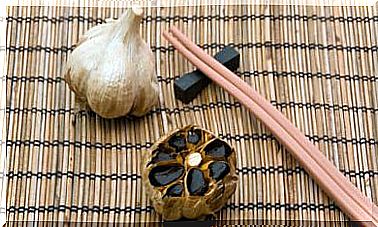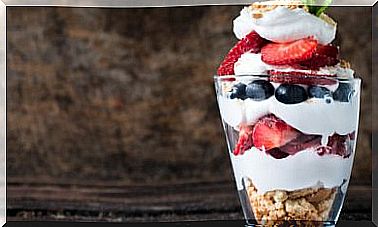8 Foods To Deflate The Abdomen
Maintain good eating habits and, if you have questions about how to do it, consult a nutritionist. The professional will guide you in the most appropriate and safe way, and will take into account your needs and objectives.
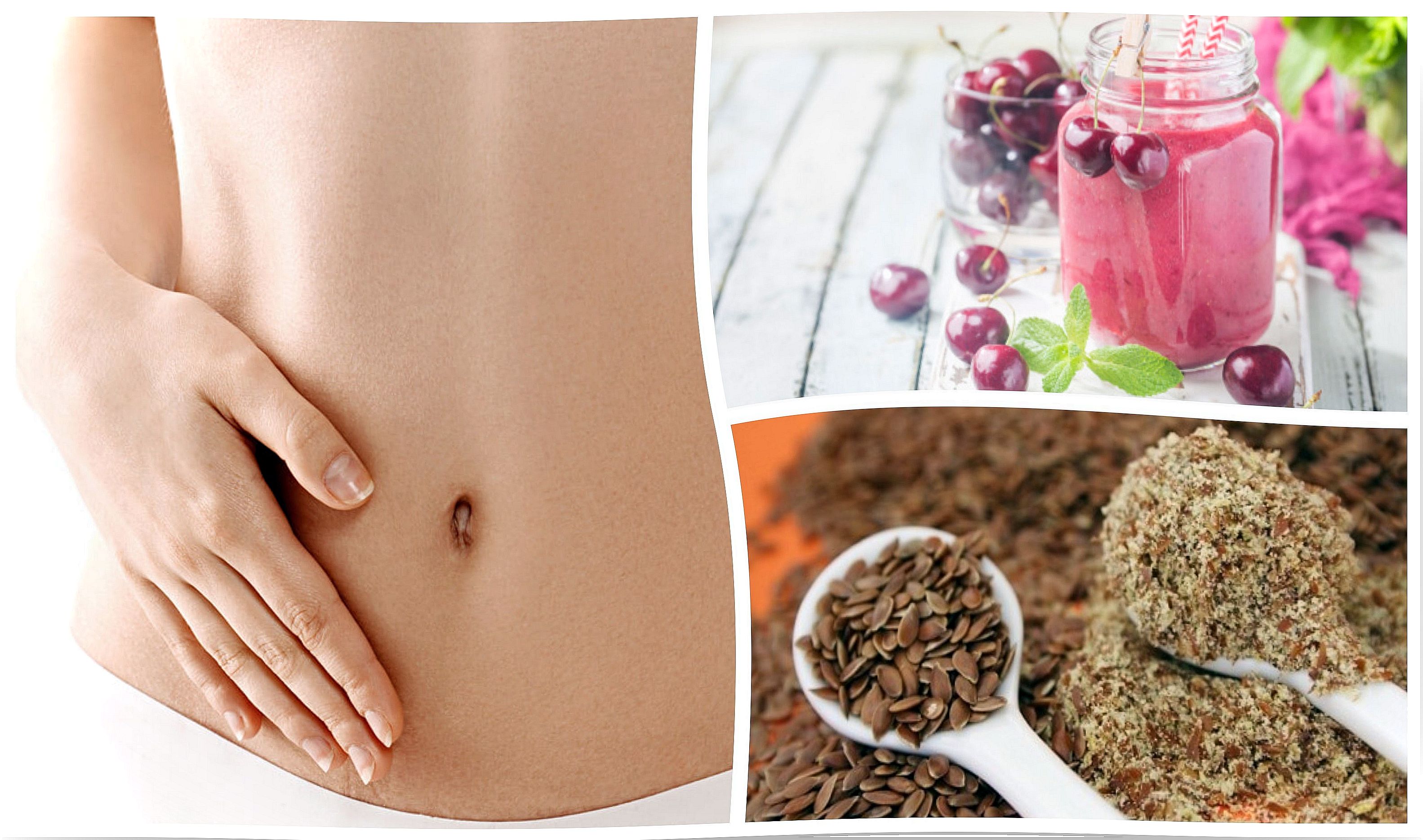
Foods to deflate the abdomen help to alleviate this discomfort, in addition to the feeling of heaviness and fullness that can accompany it. Are you interested in knowing them? In that case, read on to find out more.
Bloating in the abdominal area is usually related to eating too much, but the truth is that it can be due to the accumulation of liquids or gases. Likewise, it can respond to certain digestive problems such as gastritis or constipation, so if you want to feel more relieved, take note of what we are going to tell you about.
Include foods to deflate the abdomen in your diet
Foods to deflate the abdomen have both a high content of water and fiber, therefore, they facilitate intestinal transit and improve discomfort. On the other hand, they can contain several nutrients beneficial to health, such as vitamins and minerals.
Although they can be a great support, keep in mind that to deflate the abdomen, you should not only try to improve your lifestyle habits, but also pay more attention to what you eat every day so as not to fall into the same problem over and over again.
Do not forget that something as simple as avoiding large meals rich in simple sugars or fats can greatly benefit your digestive health. These foods can also cause flatulence, so it is advisable to reduce their consumption.
Of course, do not forget that, if you have a few extra kilos and the fat is located in the abdomen, it is best to follow a specific diet. This way you can eliminate excess fat and enjoy a flat and healthy abdomen. Go to a specialist doctor in such a case.
1. Flax seeds
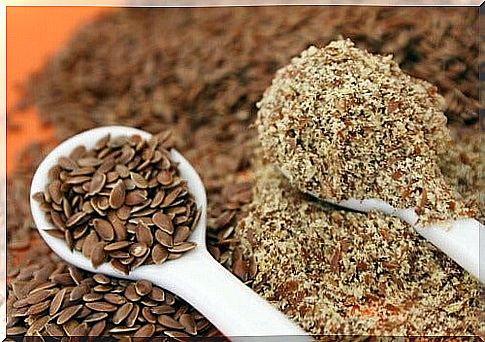
Foods that provide omega 3 fatty acids and prostaglandins are the best to deflate the abdomen. For this reason, flax or linseed seeds are a food rich in healthy lipids that help the body regulate inflammation.
For its intake, it is best to hydrate the flax seeds in water for several hours so that they are ready to be incorporated into a yogurt, smoothie or salad.
2. Blueberries
Another product that helps relieve fluid retention and also deflate the abdomen are blueberries. This is so since they are rich in flavonoids. In addition, they have antioxidant and anti-inflammatory properties and help control free radicals.
3. Cherries
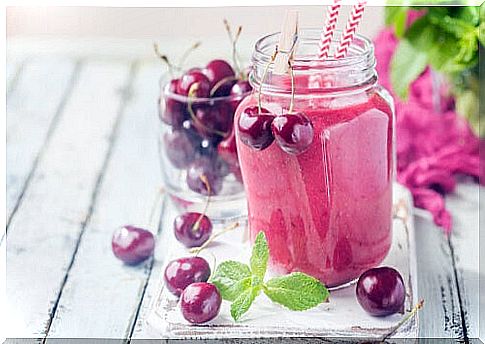
Although it may not seem like it, cherries can also become one of your best allies. They contain antioxidants and minor amounts of: magnesium, iron, vitamin C, provitamin A, thiamine, and folates.
4. The curry
Curry, as a substitute for salt and spice, can help to flavor foods that help reduce inflammation in the abdomen.
5. Green tea
If there is one drink that has proven diuretic properties, it is green tea. It is also rich in antioxidants. Thus, it is much more advisable to opt for a cup of green tea than to drink ordinary tea or other drinks such as coffee.
6. Bananas
In the event that the swelling has to do with fluid retention, the potassium contained in bananas can be very helpful.
If you eat something very salty at night, it is good to have a banana for breakfast. You already know that salt retains fluids, so avoid over-salting your meals.
7. The avocado
Avocado is one of the recommended foods if you are looking to lose weight because it contains healthy fats. Olive oil, almonds and unsalted pistachios can also help in this regard.
8. Lactose-free milk
Milk is another of the foods that can make the abdomen swell. This is due to lactose. To do this, nothing better than to start incorporating dairy products with predigested lactose such as yogurt. Then include milk in small quantities.
Maintain good eating habits
To deflate the abdomen, in addition to including the aforementioned foods in your diet (always in a moderate way), remember that you must maintain good eating habits, which includes:
- Chew your food slowly at each meal.
- Eat calmly, sitting down (especially in the 3 main meals of the day).
- Rest for at least 15 minutes after each main meal (never lying down, but sitting or slightly reclining).
- Avoid drinking large amounts of fluids at the same time you eat, as this contributes to bloating and heavy digestion.
- Avoid the consumption of fried foods, industrial edibles and ultra-processed foods, as these do not contribute to your health and cause bloating and heaviness.
Keep in mind that the ideal is that you learn to dedicate the necessary time to food to be able to use it properly and not experience discomfort, such as bloating or stomach heaviness. So, forget about the rush!


